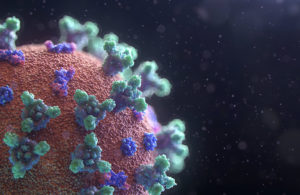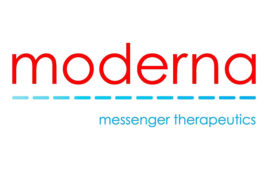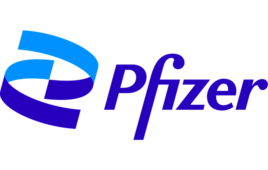
[Photo by Fusion Medical Animation on Unsplash]
“It’s very concerning,” said Donna Patterson, a fellow at the Wilson Center, in a recent webinar from that organization. Uneven vaccination rates threaten to extend the COVID-19 pandemic’s timelines. Some countries remain far behind the 10% goal. For example, the percentage of fully vaccinated people in Senegal is 5.6%. Burundi’s rate is near 0%. “There are other countries that are higher, mostly in North Africa, including Morocco, but that also varies,” said Patterson, who is also a professor at Delaware State University.
Vaccination rates are also lagging in regions such as the Caribbean, Latin America, and Asia.
Inconsistent travel bans are another complication to vaccine equity. The U.S., for instance, currently has a South Africa travel ban because of the Omicron variant identified there. Still, the variant is also present in the U.S. and many other countries. Researchers in the Netherlands identified the variant before two flights arrived from South Africa harboring the variant.
“Dutch researchers found this 11 days before South Africa released it,” Patterson said. “What would have happened if the Dutch researchers released it instead of the South African researchers?”

Donna Patterson
Researchers in South Africa “feel punished” for sharing the discovery of the variant with the world, Patterson said.
The act of blaming South Africa for allegedly giving rise to a variant that may have emerged elsewhere may squelch other countries from sharing information about emerging variants until they have spread throughout the world.
The reasons for the lack of vaccine equity are complex.
The tendency to attribute blame for the spread of the virus to a given country is one factor.
“Very early on, there were people who attributed [COVID-19] to China because that is where it was found and appears to have originated,” Patterson said.
Early attempts to label the virus the “Wuhan virus” or “China virus” were counterproductive and racist, Patterson said.” This virus does not care about your nationality.”
Instead of assigning blame, wealthier countries could do more to share vaccines with countries with lagging vaccination rates. “My perfect scenario is to share vaccine technology with countries that do not have access to it,” Patterson said.
While several African countries are gearing up to produce mRNA vaccines, they will not be operational until the middle of 2022 at the earliest. Until more infrastructure is in place worldwide for vaccine production, sharing more vaccine doses with the developing world remains a priority.
Ultimately, the world needs “more cooperation to contain the pandemic,” Patterson said.




Tell Us What You Think!